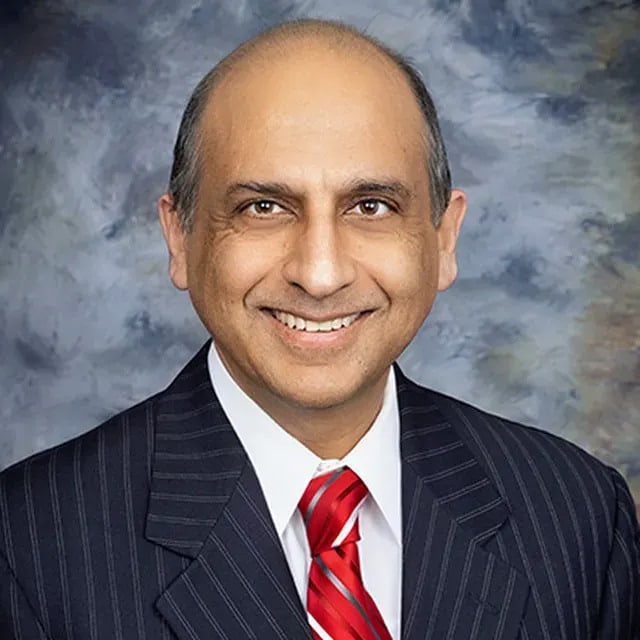Introduction:
In the intricate web of healthcare, the convergence of mental health and cardiology is gaining increasing recognition. Dr Hari Saini, a distinguished cardiologist, sheds light on the profound impact of mental health on heart health and vice versa. His insights emphasize the importance of addressing mental health concerns within the realm of cardiology to achieve comprehensive patient care and improve outcomes.
Understanding the Connection:
The relationship between mental health and cardiology is bidirectional and complex. Psychological factors such as stress, anxiety, depression, and social isolation can significantly influence the development and progression of cardiovascular disease. Conversely, individuals living with heart disease often experience heightened levels of psychological distress, stemming from the emotional burden of their condition, fear of mortality, and lifestyle adjustments.
Impact on Cardiovascular Health:
Dr Hari Saini highlights the detrimental effects of untreated mental health disorders on cardiovascular health. Chronic stress, for example, triggers physiological responses such as increased heart rate, elevated blood pressure, and dysregulated immune function, all of which can contribute to the development of hypertension, atherosclerosis, and arrhythmias. Moreover, depression and anxiety have been associated with poor adherence to medication regimens, unhealthy lifestyle behaviors, and increased risk of adverse cardiovascular events.
Integrated Approaches to Care:
Recognizing the intertwined nature of mental and cardiac health, Dr. Saini advocates for integrated approaches to patient care that address both aspects holistically. This may involve collaborative efforts between cardiologists, psychiatrists, psychologists, and other healthcare professionals to assess and manage patients’ mental health needs alongside their cardiovascular conditions. By adopting a multidisciplinary approach, healthcare providers can identify and address underlying psychological factors that may impact patients’ cardiovascular health and overall well-being.
Psychosocial Support and Counseling:
Incorporating psychosocial support and counseling into cardiology practice is paramount for addressing the emotional and psychological needs of patients with heart disease. Dr. Saini underscores the importance of providing patients with a safe space to express their concerns, fears, and anxieties related to their cardiac condition. This may involve individual counseling, group therapy, stress management techniques, and support groups tailored to patients’ specific needs and preferences.
Lifestyle Interventions:
Lifestyle interventions play a crucial role in promoting both mental and cardiovascular health. Dr. Saini emphasizes the importance of encouraging patients to adopt healthy lifestyle behaviors, such as regular physical activity, balanced nutrition, adequate sleep, and stress reduction techniques. By empowering patients to make positive changes in their lifestyle, healthcare providers can improve both their mental well-being and their cardiovascular outcomes.
Preventive Strategies:
Preventive strategies aimed at reducing the risk of mental health disorders in individuals with cardiovascular disease are also essential. Dr. Saini advocates for routine screening for depression, anxiety, and other mental health conditions in cardiac patients, as well as early intervention and treatment when indicated. Additionally, fostering social connections, providing social support, and promoting resilience-building activities can help mitigate the impact of psychological stressors on heart health.
Conclusion:
Dr Hari Saini insights into the intersection of mental health and cardiology underscore the importance of addressing the psychological aspects of heart disease to achieve holistic patient care. By integrating mental health screening, psychosocial support, lifestyle interventions, and preventive strategies into cardiology practice, healthcare providers can improve outcomes, enhance quality of life, and promote overall well-being for individuals living with heart disease. As we continue to bridge the gap between mental health and cardiology, collaboration, compassion, and comprehensive care remain essential pillars in optimizing patient outcomes and achieving a healthier future.
